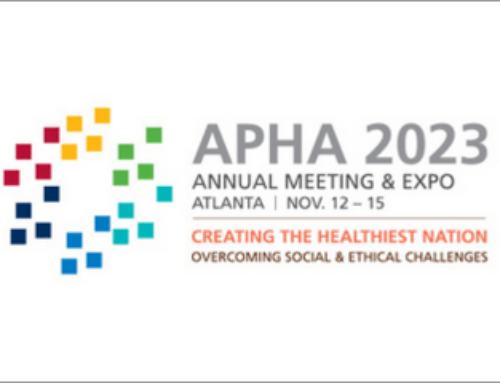Last week, President Trump released a $1.1 trillion budget blueprint for fiscal year (FY) 2018 that would boost U.S. defense spending by $54 billion. This increase would be offset by targeted reductions to foreign aid and non-defense agencies and departments.
The White House budget, America First: A Budget Blueprint to Make America Great Again, challenges every agency and department “to achieve greater efficiency and to eliminate wasteful spending.” Specifically, it requests $69 billion for the Department of Health and Human Services (HHS), which represents a $15.1 billion or 17.9 percent decrease from the 2017 annualized continuing resolution (CR) level. It also proposes to strengthen “the integrity and sustainability of Medicare and Medicaid by investing in activities to prevent fraud, waste, and abuse” and by promoting “high quality and efficient health care.”
The President’s budget requests $25.9 billion for the National Institutes of Health (NIH), which is a reduction of $5.8 billion or 18.3 percent relative to the 2017 annualized CR level. Along with these cuts, the proposal calls for “a major reorganization” of NIH’s 27 centers and institutes “to help focus resources on the highest priority research and training activities.”
Although the budget does not outline these research priorities, it does highlight investment focused on suicide prevention, serious mental illness, and children’s mental health. It is unclear how the proposed budget and NIH reorganization would impact the National Heart, Lung, and Blood Institute (NHLBI), which houses the National Center on Sleep Disorders Research (NCSDR).
It is standard for the President to use the budget to propose priorities that will be considered by Congress. Majority leaders in the House and Senate will take President Trump’s requests under consideration and craft their own budget proposals, which will form the basis of appropriation bills to fund federal departments and agencies.
Next week the AASM will provide a template letter that members can send to federal legislators to advocate for spending that prioritizes the importance of patient-centered care and strategic research.
The American Academy of Sleep Medicine Political Action Committee (AASM PAC) is a bi-partisan political action committee to educate and financially support lawmakers who are working to protect the future of your sleep practice. AASM PAC is the most effective and visible advocacy tool to advance the legislative priorities of the field of sleep medicine. AASM members who are U.S. residents can support the PAC by making a donation today.








